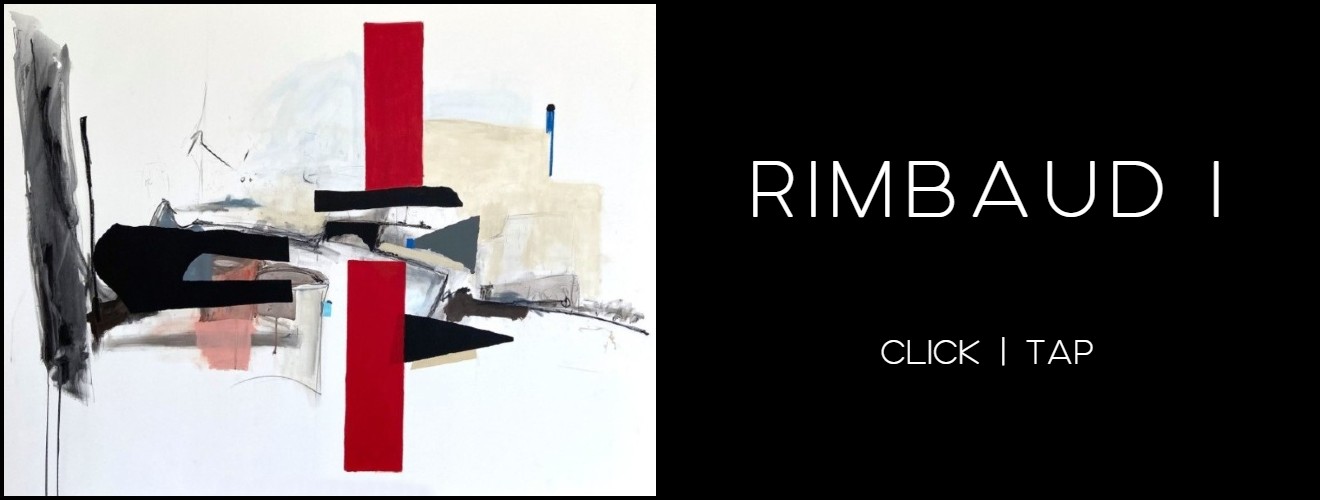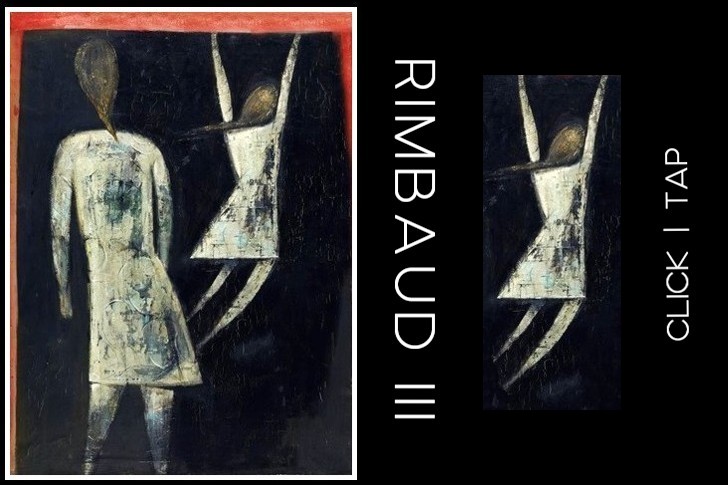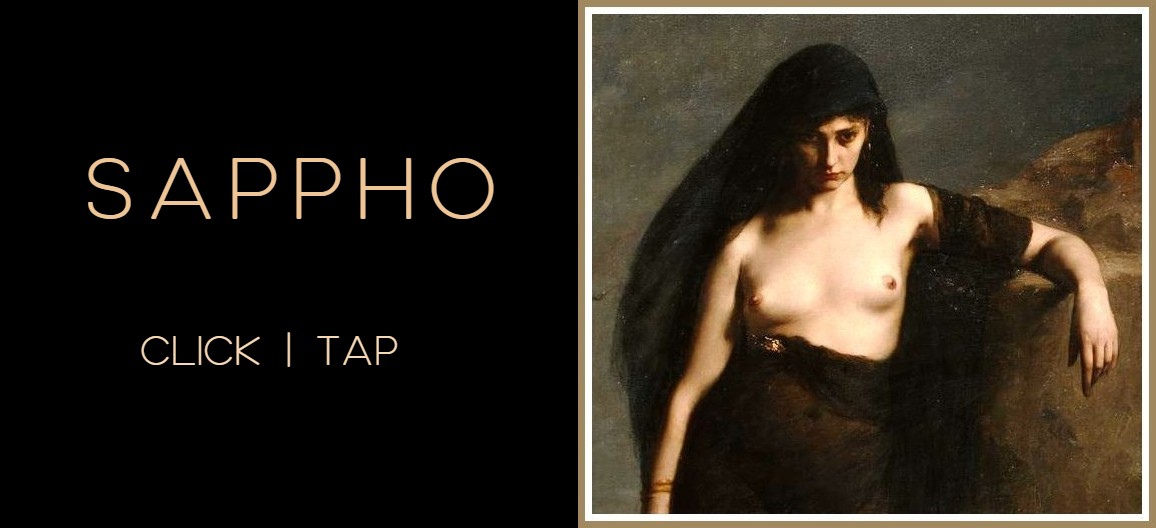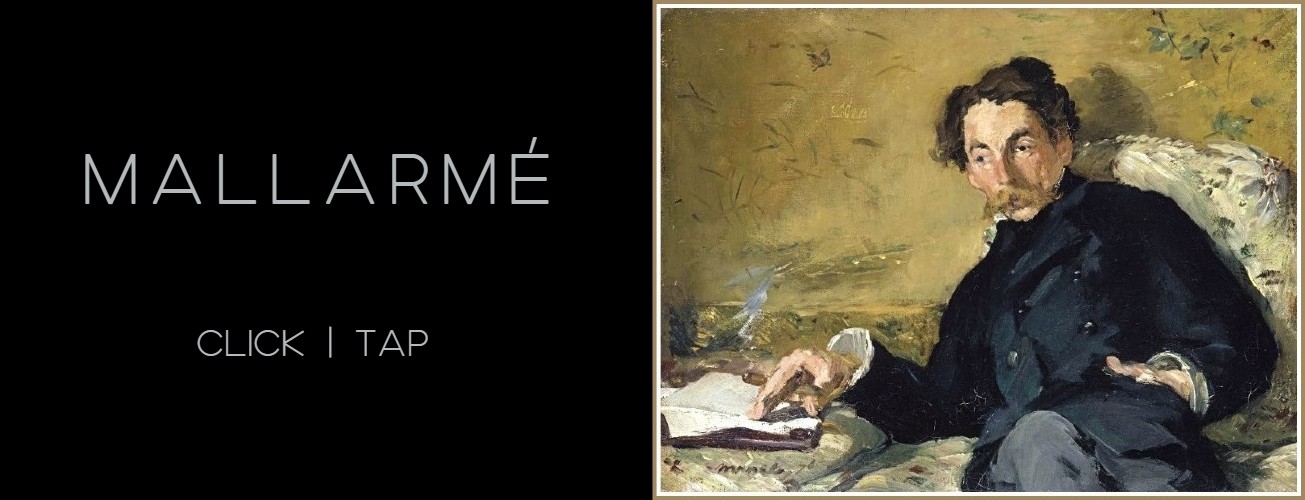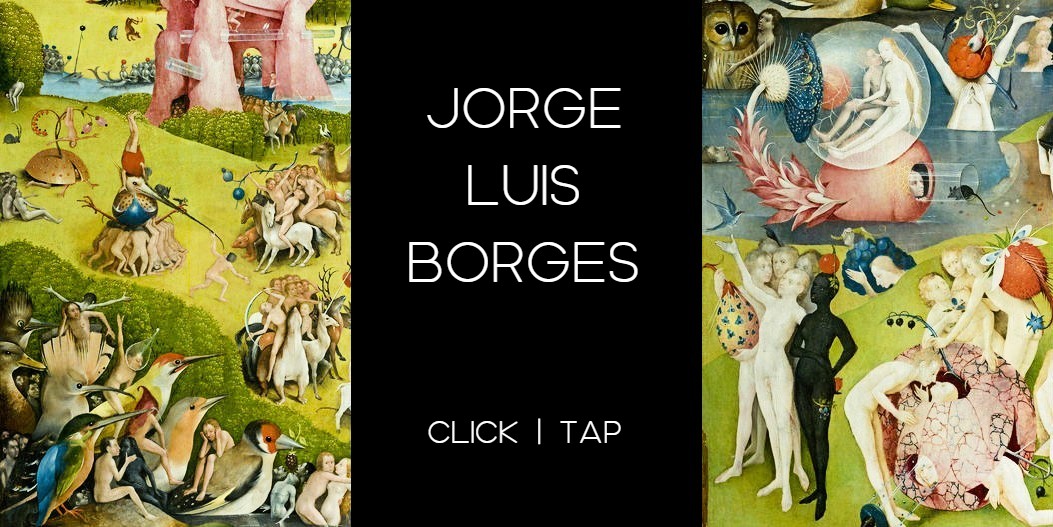Rimbaud II
Sensation

David Allen Dunlop (1,3), Summer Pond in Tall Grass & Meadow Stream | Sandi Neiman (2,4) Meadowlands & Hill Country Heat
SENSATION
Arthur Rimbaud
Par les soirs bleus d’été, j’irai dans les sentiers,
Picoté par les blés, fouler l’herbe menue:
Rêveur, j’en sentirai la fraîcheur à mes pieds.
Je laisserai le vent baigner ma tête nue.
Je ne parlerai pas, je ne penserai rien:
Mais l’amour infini me montera dans l’âme,
Et j’irai loin, bien loin, comme un bohémien,
Par la Nature, heureux comme avec une femme
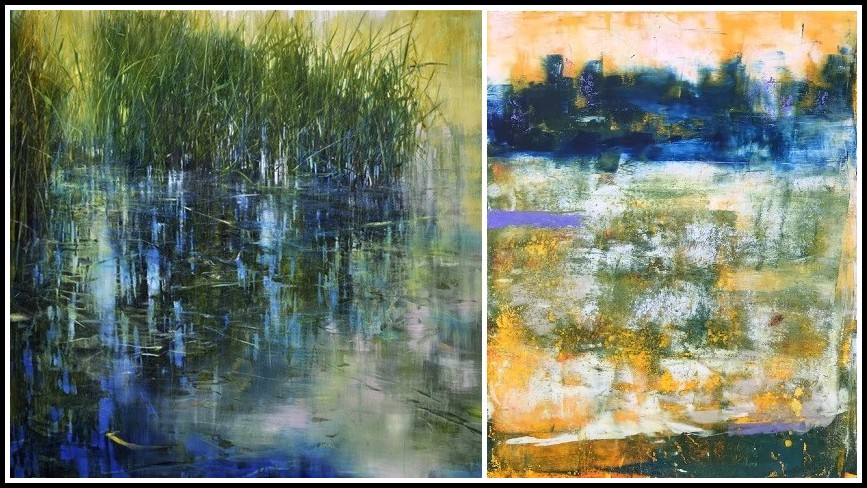
David Allen Dunlop, Summer Pond in Tall Grass | Sandi Neiman, Meadowlands
SENSATION
Arthur Rimbaud | Wyatt Mason
Through blue summer nights I will pass along paths,
Pricked by wheat, trampling short grass:
Dreaming, I will feel coolness underfoot,
Will let breezes bathe my bare head.
Not a word, not a thought:
Boundless love will surge through my soul,
And I will wander far away, a vagabond
In Nature—as happily as with a woman.
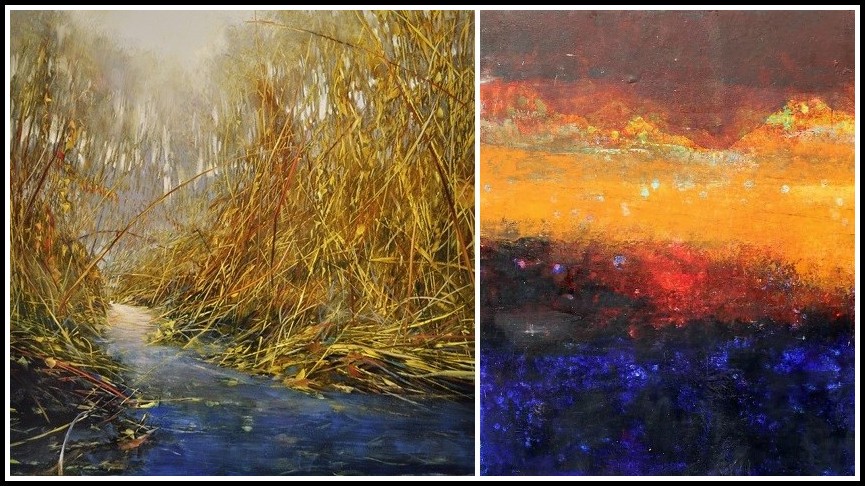
David Allen Dunlop, Meadow Stream | Sandi Neiman, Hill Country Heat
‘SENSATION’ IN ‘MARA, MARIETTA’
FROM ‘MARA, MARIETTA’
Part Ten Chapter 9
On this ingenious tribal drum, with its seat connected to the base by a criss-cross of chromed-steel rods, Gudrun holds my gaze as she sways. She’s very schoolgirl in her black-and-white skirt, red shirt and black tights; she’s such a girl angling her legs like that.
̶ So, why do you say I’m not obvious?
̶ Well, when you’re riding your… machine like that, maybe you are a little obvious.
̶ It’s not a machine, it’s a rocking stool, and it’s me that’s working it.
̶ Yes, I can see that. Well, if you are obvious, keep on rocking like that till you disorder your senses. Then you’ll become a seer. Like Rimbaud. And you won’t be obvious anymore.
̶ Who’s Rimbaud? And what’s a seer?
̶ A seer is someone who can see into the unknown. Rimbaud was a poet, a boy like you.
̶ I’m not a boy.
̶ How do you know?
She stops rocking and pulls up her shirt to reveal her breasts in her bra. She starts rocking again.
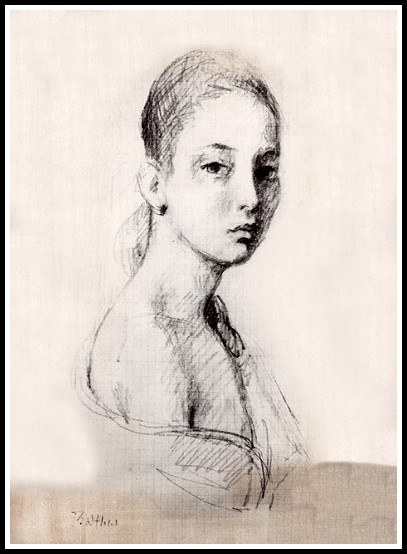
Balthus, Portrait of Jacqueline S., 1967
̶ He was French, I suppose, this boy Rimbaud?
̶ Yes. Do you speak French?
̶ I do: grand plié, relevé, tendu derrière.
̶ You speak ballet. Why not learn French?
̶ Why should I?
̶ So you can read Rimbaud.
̶ All right. If you want me to, I will.
̶ Good. I’ll send you some books and CDs. Now stop rocking! You’re making me dizzy.
̶ Didn’t you say I had to do it till I lose my senses?
̶ I did, yes. Disorder your senses. Consume the poisons in you and keep only their quintessence.
̶ What’s ‘quintessence’?
̶ It’s what’s left when you burn away everything in you that doesn’t correspond to your own desire.
̶ Then I’ll be able to see into the unknown?
̶ Yes.
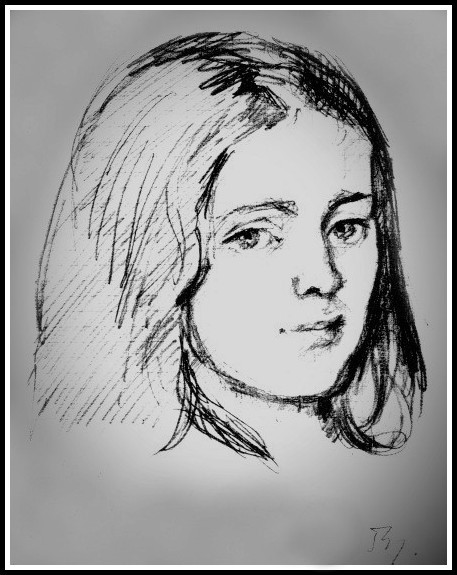
Balthus, Portrait of Frédérique, 1954
̶ I’ll tell you a secret, Sprague. Since we got this rocking stool last year, I’ve already become a seer. Three times.
̶ Only by rocking?
̶ Yes.
̶ That’s wonderful, Gudrun. It proves you’ve already been burning your poisons. Now listen, I’m going to recite you a poem by Rimbaud. It’s called Sensation.
̶ In French?
̶ Yes.
̶ Recite it, then, while I try to become a seer again.
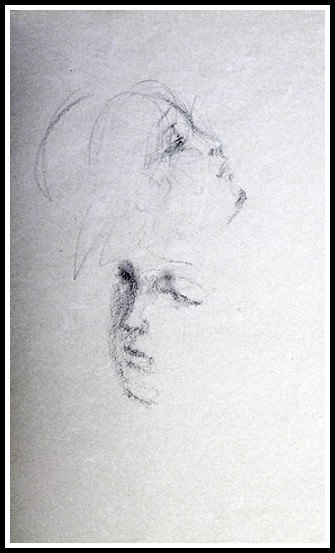
Balthus, Sketches – Heads
Squeezing her thighs together, she further angles out her legs, squirming as she rotates on the rocking stool. I recite the poem:
Par les soirs bleus d’été, j’irai dans les sentiers,
Picoté par les blés, fouler l’herbe menue:
Rêveur, j’en sentirai la fraîcheur à mes pieds.
Je laisserai le vent baigner ma tête nue.
Je ne parlerai pas, je ne penserai rien:
Mais l’amour infini me montera dans l’âme,
Et j’irai loin, bien loin, comme un bohémien,
Par la Nature, heureux comme avec une femme
The rocking comes to a standstill as Gudrun squeezes her thighs tighter; her head thrown back, through blind eyes she sees into the unknown.
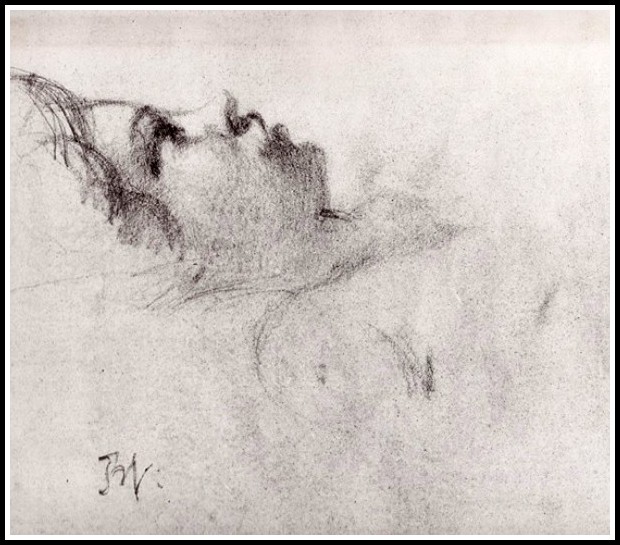
Balthus, Katia Lying Down, 1969
̶ What’s the poem about, Sprague?
̶ It’s about a blue summer night, a night like this, when you set out along the byways in search of tenderness, a tenderness you never had. Rimbaud’s mother was very severe.
̶ Was he very young when he wrote it?
̶ He was exactly your age. Fifteen and a half.
̶ Really?
̶ Uh-hm.
̶ And does he find the tenderness he’s searching for?
̶ He does. He experiences the sensations of tingling skin as he walks through wheat, the dreamy coolness of grass under his feet, the wind blowing through his hair.
̶ But only in his imagination?
̶ Yes. Though he would go on to walk for miles and miles and miles. He’s given up trying to find tenderness in a woman, so he looks for it in Nature instead.
̶ Nature is feminine. But is it enough?
̶ No. Rimbaud died very lonely and bitter.
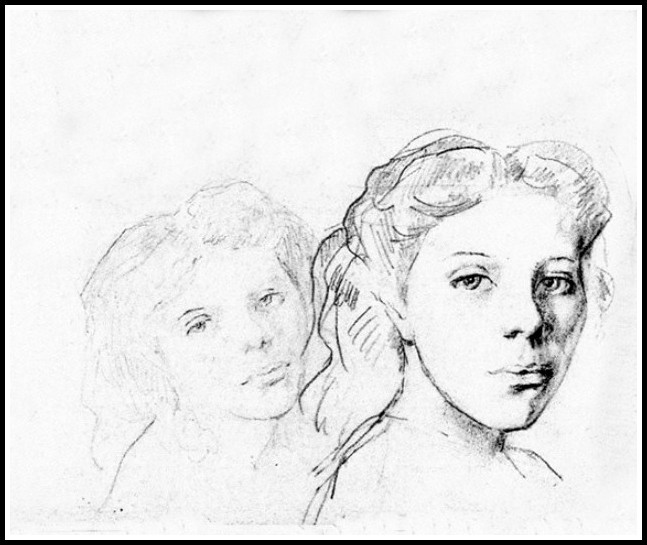
Balthus, Double Study of Head (Antoinette), 1942
̶ So why do you want me to read him?
̶ It’s just a hunch I have, an intuition. I think you’d get along very well together.
̶ On a blue summer night?
̶ On a night like this.
̶ You could be right. I did see into the unknown as you recited his poem. Even if I didn’t understand anything.
̶ The music of his words was enough.
̶ The sound of your voice, more like. And the look in your eyes.
̶ The look in my eyes?
̶ Yes. I don’t know how to describe it. I just feel you admire me. And I like how that feels.
̶ Like Rimbaud, walking in the wind?
̶ Yes. But I’m not a vagabond looking for love!
̶ And I hope you never will be.
She stands up and picks up the rocking stool.
̶̶ Look, it’s got a convex base. That’s why it rocks.
̶ Very clever.
̶ I’ve got a bit of homework to do, Sprague.
̶ Go and do it, then.
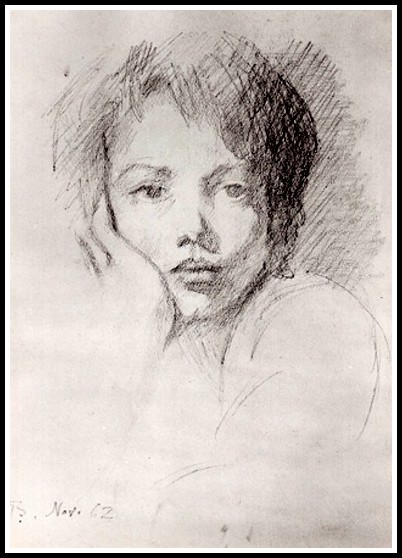
Balthus, Portrait of Alice, 1962
MARA, MARIETTA: A LOVE STORY IN 77 BEDROOMS
A literary novel by Richard Jonathan
RIMBAUD I (Le Dormeur du val | Chanson de la plus haute tour | Veillées I)

